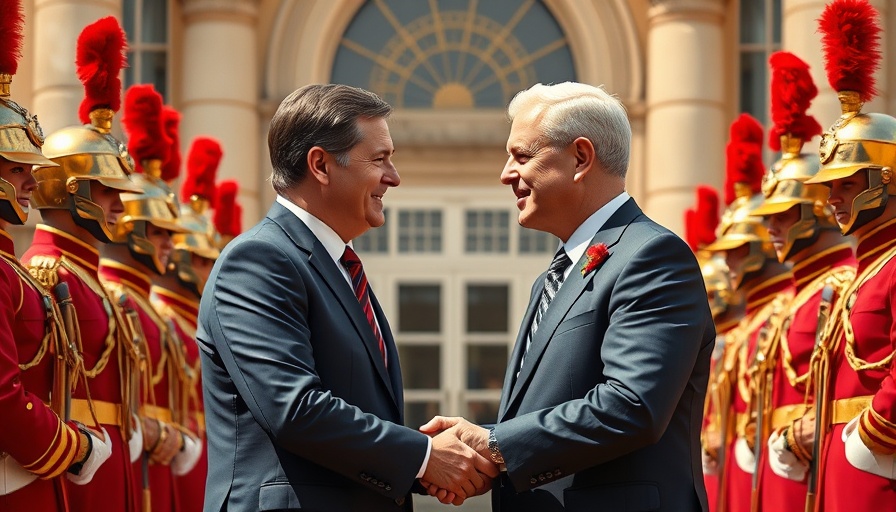
The Growing Coalition Landscape in South Africa Ahead of 2026 Elections
As the 2026 local government elections (LGE) draw near, political parties are strategizing to consolidate their influence and broaden voter appeal. Rise Mzansi, GOOD Party, and Build One South Africa (BOSA) have emerged as pivotal players in this shifting dynamic. While talks of a potential merger have surfaced, details remain scarce, leaving many speculating about the implications for the opposition landscape. This development is particularly noteworthy in the context of ongoing discussions surrounding a Government of National Unity (GNU) and the broader push for electoral reform in South Africa.
What a Merger Could Mean for Opposition Politics
The prospect of these three parties uniting is a significant consideration for voters concerned with the effectiveness of their representation. Historically, fragmented opposition parties have struggled to challenge the dominance of entities like the African National Congress (ANC). If Rise Mzansi, the GOOD Party, and BOSA align forces, they may present a formidable alternative, potentially shifting the power dynamics in South African politics. Such a merger would also mirror past coalition attempts, as seen with the Democratic Alliance (DA) and other opposition factions during crucial election years.
Contextualizing the Need for Political Realignment
This renewed focus on coalition-building may be best understood against the backdrop of significant societal issues, including youth unemployment, service delivery failures, and concerns about governance. As reports of state capture continue to plague the political discourse, a united opposition might be perceived as an essential ingredient for implementing anti-corruption measures and enhancing public sector reform. Furthermore, debates around land reform and economic policy are likely to come to the fore as parties position themselves to meet voters' needs.
Voter Turnout and Its Implications
Given that South Africa has witnessed fluctuating voter turnout rates, a united front from rising opposition parties could invigorate participation in the electoral process. The fear of voter apathy looms large, with many citizens disillusioned by broken promises of past administrations. An effective campaign rooted in credible solutions to pressing issues such as gender-based violence, public safety, and the lack of affordable housing could be the catalyst needed to mobilize these marginalized voices.
The Role of Electoral Reform
Inclusion of major electoral reforms is vital, particularly as the nation gears up for the elections. Recent discussions hint at potential constitutional amendments aimed at enhancing electoral integrity and political party funding. As the realities of South Africa's election process come under scrutiny, parties are urged to advocate for systemic changes that encourage transparency, bolster judicial independence, and ensure a fair platform for all contenders.
A Conclusion Worth Considering: The Future of Coalition Governments
As we inch closer to the municipal elections, the potential merger of Rise Mzansi, GOOD Party, and BOSA could reshape the future of opposition politics in South Africa. Voters eagerly anticipate clarity on these discussions, hoping for a collaborative approach that would not only enhance the functionalities of the opposition but also ensure that the needs of the electorate are met holistically. Engaging with these developments is critical, making it imperative for citizens to stay informed and involved as they consider their choices for a more equitable and just society.
As a professional observer of these developments, consider engaging further with the political landscape. Understanding these dynamics is key to anticipating how they may collectively influence governance, accountability, and social progress in South Africa as we head into 2026.
 Add Row
Add Row  Add
Add 




Write A Comment